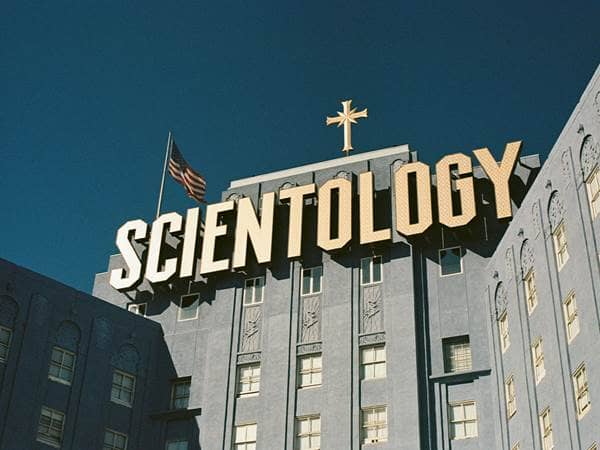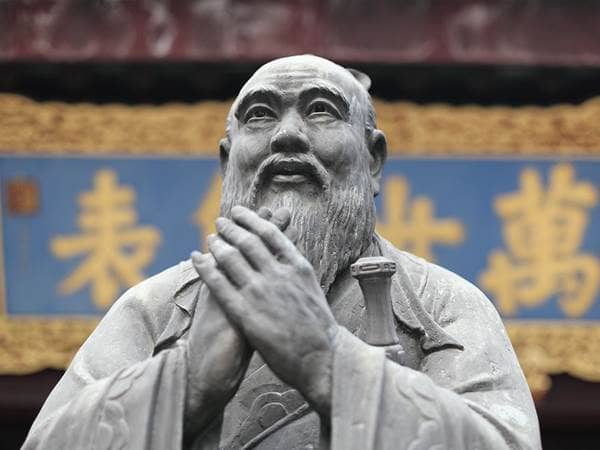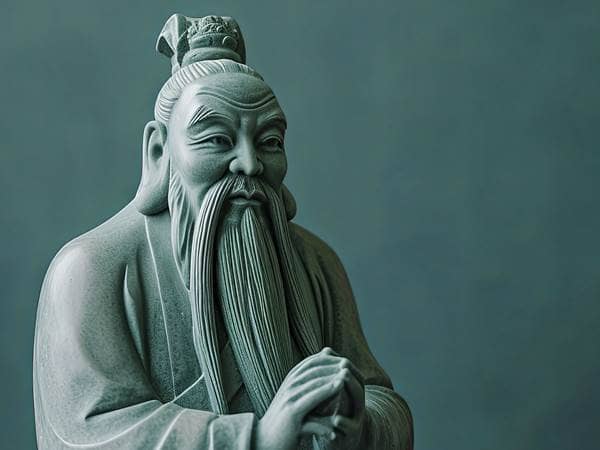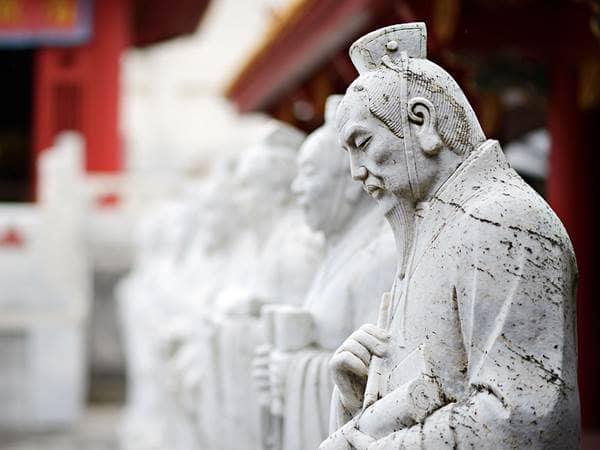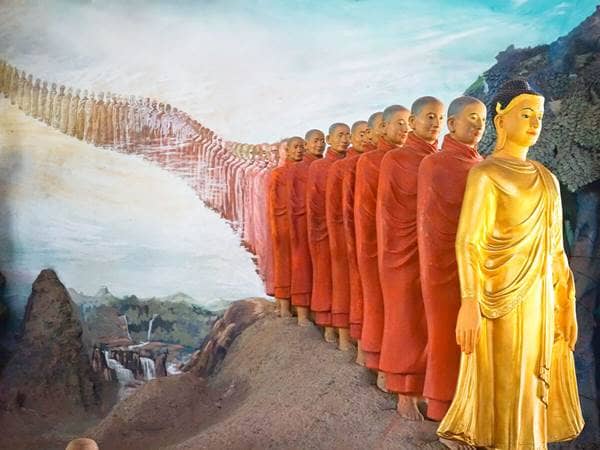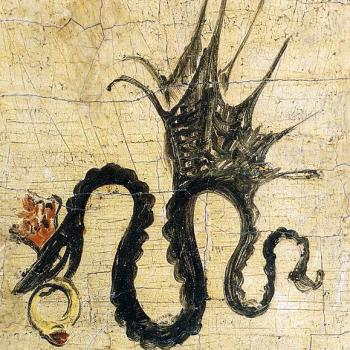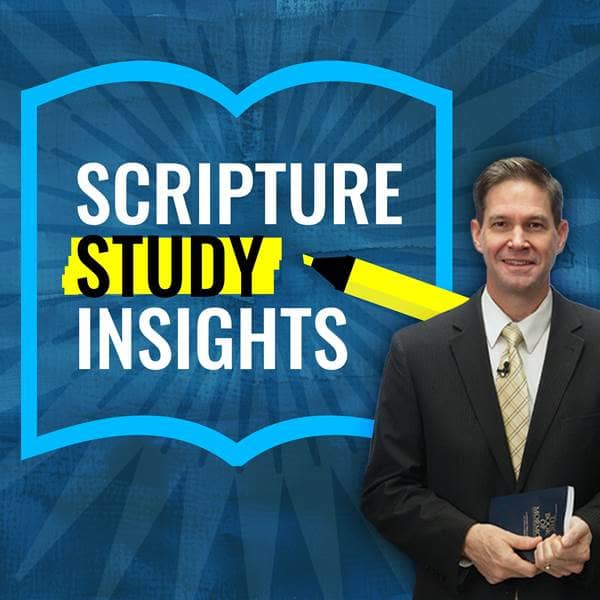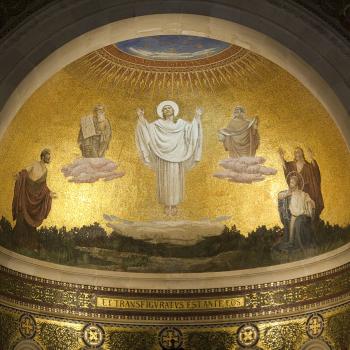
One might assume that the definition of “religion” presupposes the existence of a God. However, there are a number of religious traditions which actually do not believe in God, or do not discuss God’s existence or nature. Jainism, for example, has no deity—though it emerged (in the 6th century BCE) from Hinduism, a tradition that is often credited with having multiple gods and goddesses. Theravada Buddhism, the oldest of all extant Buddhist traditions, is largely non-theistic, discouraging its practitioners from petitioning or relying upon a deity. Confucianism has no specific teachings about the existence of a God or gods. And even Taoism has a nebulous view of what constitutes the divine. Thus, there are many religions which do not include the existence of or worship of a divine being as part of their theology.
Some have assumed that Scientology would fit into this same category—particularly because of its emphasis on “science” and the development of the “person” or “individual.” For some, Scientology seems very similar to Secular Humanism, with an emphasis on human development rather than on the worship of an external and independent deity. However, when posed with the question, “Does Scientology have a concept of God?”, their official response is an emphatic “Most definitely.” L. Ron Hubbard, the founder of the Church of Scientology, explained:
“No culture in the history of the world, save the thoroughly depraved and expiring ones, has failed to affirm the existence of a Supreme Being. It is an empirical observation that men without a strong and lasting faith in a Supreme Being are less capable, less ethical and less valuable to themselves and society… A man without an abiding faith is, by observation alone, more of a thing than [he is] a man.”
Thus, Scientology does emphasize “the existence of a Supreme Being.” However, the Scientologist understanding of God is different from what one would find in most Christian traditions. The Church of Scientology teaches that there is a “basic command” to “Survive!” And that commandment is divided into “eight compartments” or “dynamics.” The “seventh dynamic” and “eighth dynamic” teach the following:
“The Seventh Dynamic is the SPIRITUAL DYNAMIC. This is the urge to survive as spiritual beings or the urge for life itself to survive… It includes one’s beingness, the ability to create, the ability to cause survival or to survive, the ability to destroy or pretend to be destroyed… The Seventh Dynamic is life source. This is separate from the physical universe and is the source of life itself. Thus, there is an effort for the survival of life source.”
“The Eighth Dynamic is the urge toward existence as INFINITY. The Eighth Dynamic also is commonly called God, the Supreme Being or Creator, but it is correctly defined as infinity. It actually embraces the allness of all. That is why, according to L. Ron Hubbard, ‘when the Seventh Dynamic is reached in its entirety, one will only then discover the true Eighth Dynamic.’”
So, for Scientologists, God is typically understood less as a divine being and, instead, as “the urge toward existence as infinity.” That, for a Scientologist, is the “Supreme Being” or God. Their belief in God “rests at the very apex of universal survival.” Or, as Dr. Geoffrey Parrinder (Professor Emeritus of Comparative Religions at the University of London) explained:
“The place of God in the beliefs of Scientology does not appear to be dominant, as it is in Christianity, Judaism and Islam, but it is clearly present. …The book The Scientology Religion…defines [the Church of Scientology’s] mission as ‘to help the individual become aware of himself as an immortal being and to help himself achieve and attain the basic truths with regard to himself…’ It is stated that ‘we want to erase his sin so that he can be good enough to recognise [sic] God,’ and ‘Man’s best evidence of God is the God that he finds within himself.’ It is recognised [sic] that [the Church of Scientology’s] teaching about God within, and reincarnation, link Scientology to Eastern and Indian forms of religious thought. So it states the goal of ‘individual salvation in harmony with other life forms, the physical universe, and, ultimately, the Supreme Being. It is in this Eastern tradition that we find the background of Scientology.’”
Therefore, the emphasis of Scientology is on deification, or the divinity of the human—rather than focusing on the existence, nature, or perfection of a singular and external divine being. In this regard, the Church of Scientology is more like Eastern religions than it is akin to the Judeo-Christian tradition—at least as it relates to the nature of God and humans.
Whereas most religions—including the Abrahamic religions of Judaism, Christianity, and Islam—have very detailed doctrines about God’s nature, Scientology is more like Confucianism, in that the Church of Scientology has no formal teachings concerning God that practitioners are expected (or required) to embrace or subscribe to. Rather, Scientology teaches that as one reaches the “Seventh Dynamic”—the “urge to survive as spiritual beings”—then, and only then, can one experience the “Eighth Dynamic”—which is “infinity” or the “allness of all” things and all beings. At this point, the Scientologist experiences God because he or she realizes that all things are one and all things are divine. When one comes to a “full understanding” of this “Eighth Dynamic” (i.e., “Infinity” or the “God Dynamic”), one will then truly understand what “God” is and what one’s relationship to the divine actually is.
6/3/2024 3:16:41 AM
